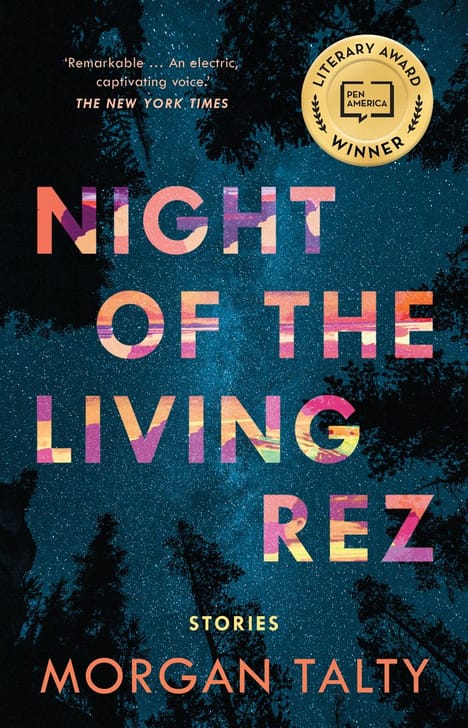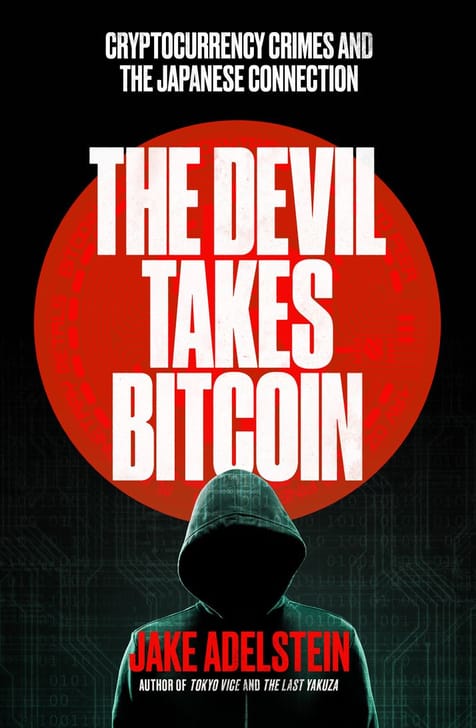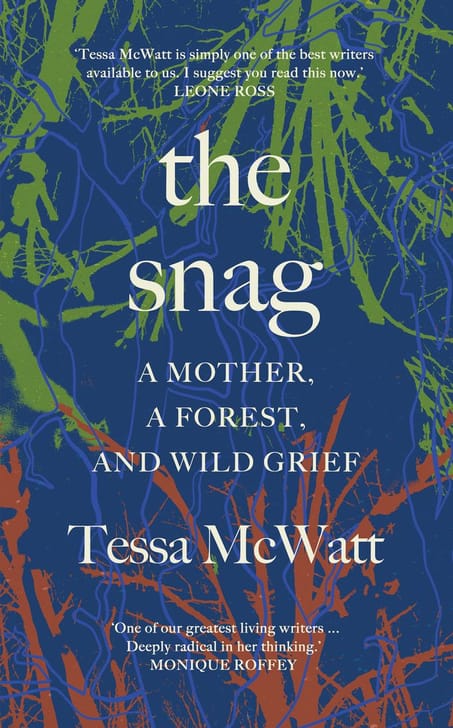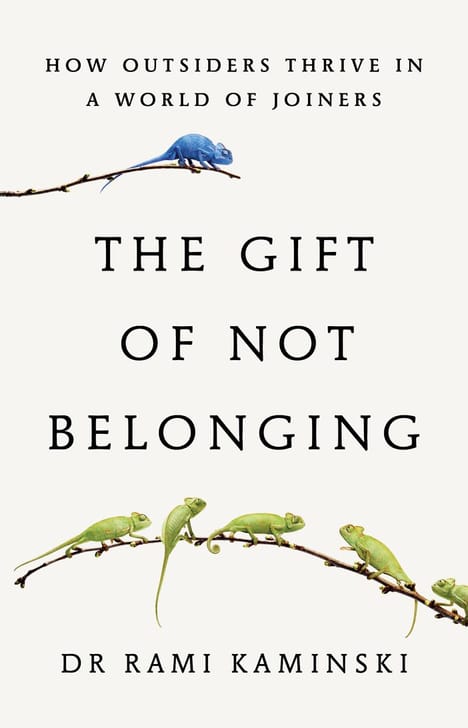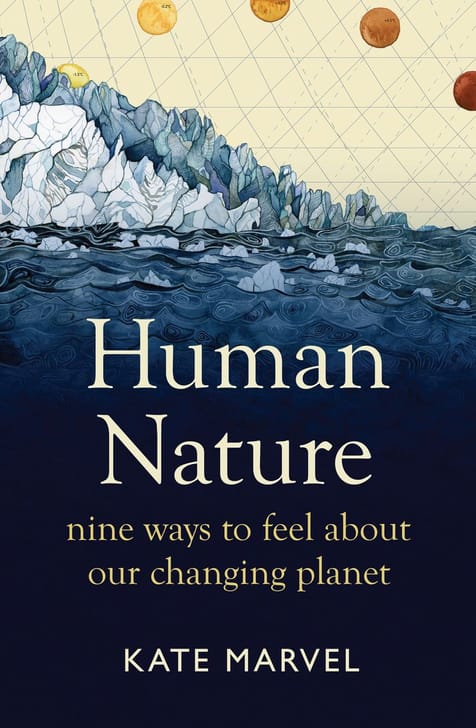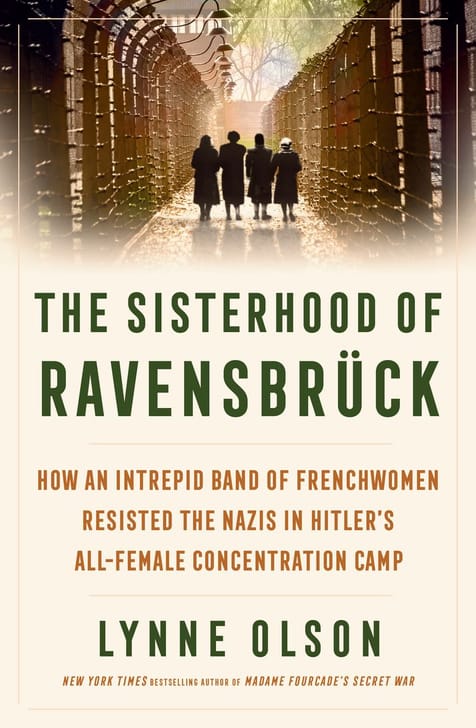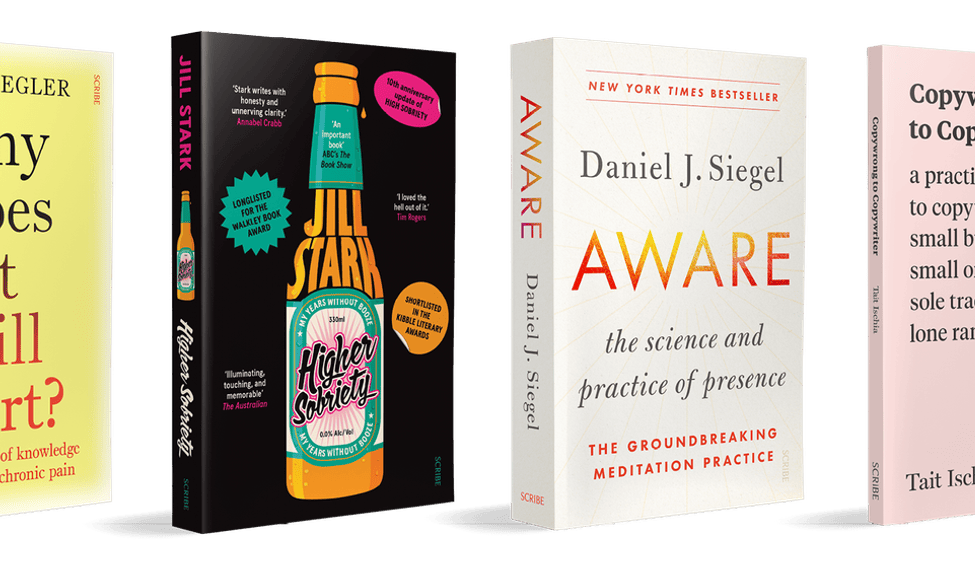
Scribe’s January 2023 releases
Related Books
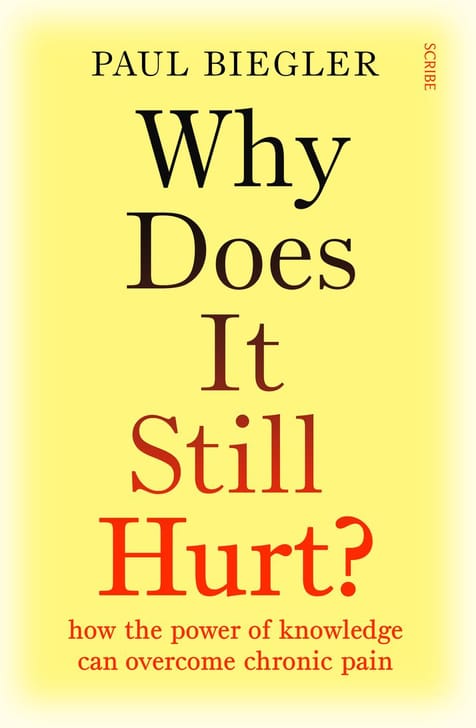
Why Does It Still Hurt?
Chronic pain is the single biggest cause of human suffering. Yet pain that persists for three months or more is often unrelated to any physical injury. So why does it still hurt?
Research over the last few decades shows that many of us — sufferers of chronic pain and health practitioners alike — are victims of a devilish trick of the nervous system. Where we believe that pain has its root in a damaged body, it is the brain that prolongs the hurting long after the body has healed. This leads to hundreds of billions of dollars being spent each year on treatments that sometimes do nothing and sometimes make matters worse.
Paul Biegler, a science journalist and former doctor who has been on his own pain journey, investigates the true source of chronic pain — our brain’s so-called neuroplasticity — and emerging therapies, including cognitive therapy and graded exercise exposure, that take advantage of that same neuroplasticity to rewire the brain and end the suffering. As he knows only too well, this doesn’t mean the pain is all in a person’s head. The pain is real, but its meaning is often misunderstood.
Through conversations with scientists, doctors, and people who have overcome chronic pain, Biegler shines a light on the rigorous new studies — and emotional personal stories — that are changing the way we understand and treat pain. Most importantly, he shows how to take control over persistent pain and truly heal.
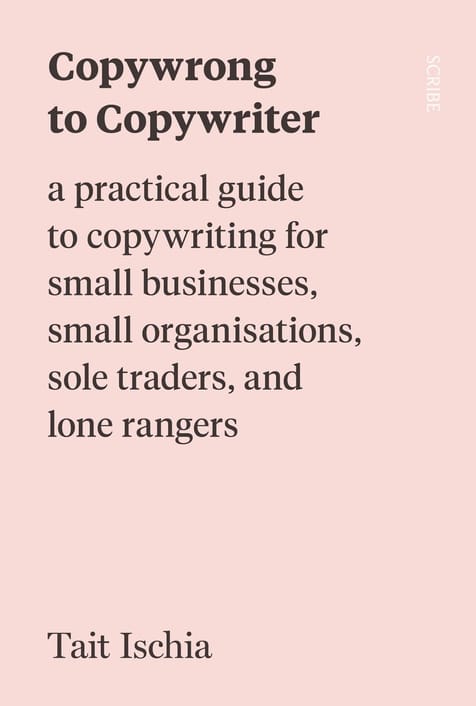
Copywrong to Copywriter
If you feel like you’ve got the wrong tone of voice, don’t understand the ins-and-outs of grammar, or just don’t feel confident writing about yourself without sounding like an idiot, read this book.
Copywriter Tait Ischia is brief and to the point in an interesting and engaging way. Which is exactly what you want the words on your website/marketing stuff/professional bio to be too, right? Feel confident in what you say and how you say it when you put fingers to the keyboard. Waffling on should really be reserved for weekend breakfast.
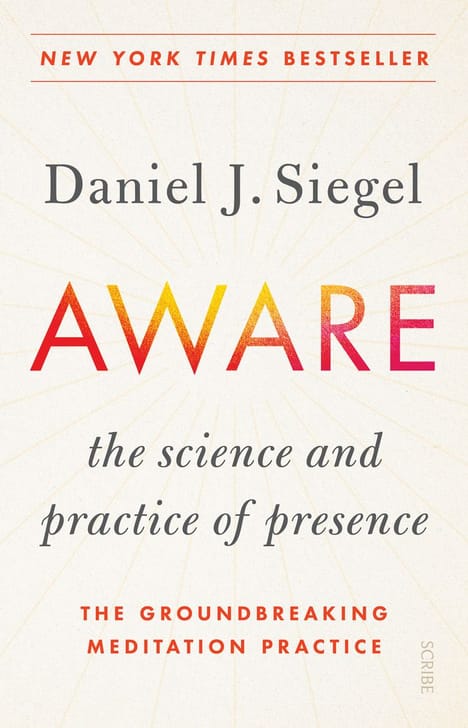
Aware
This groundbreaking book from New York Times bestselling author Daniel J. Siegel introduces readers to his pioneering, science-based meditation practice.
Aware provides practical instruction for mastering the Wheel of Awareness, a life-changing tool for cultivating more focus, presence, and peace in one’s day-to-day life.
An in-depth look at the science that underlies meditation’s effectiveness, this book teaches readers how to harness the power of the principle: ‘Where attention goes, neural firing flows, and neural connection grows.’ Siegel reveals how developing a Wheel of Awareness practice to focus attention, open awareness, and cultivate kind intention can literally help you grow a healthier brain and reduce fear, anxiety, and stress in your life.
Whether you have no experience with a reflective practice or are an experienced practitioner, Aware is a hands-on guide that will enable you to become more focused and present, as well as more energised and emotionally resilient in the face of stress and the everyday challenges life throws your way.
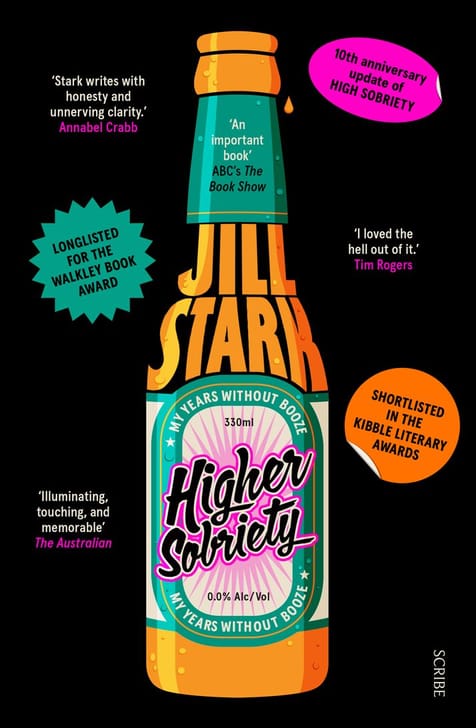
Higher Sobriety
What happened next? It’s the question Jill Stark has been asked most often since the publication of her acclaimed memoir, High Sobriety.
As one of the original pioneers in the ‘quit lit’ space, Jill started a national conversation about the role of alcohol in our lives, turning the lens on her own rocky relationship with booze and forensically dissecting the culture that gave rise to it.
Now, ten years after the book’s first release, she fills in the gaps on where life took her after she unwittingly became the poster girl for sobriety. In this updated edition, Jill charts her struggle to become a moderate drinker, the crippling ‘hangxiety’ that led to her quitting alcohol for good, and the ever-evolving journey of self-discovery sobriety has taken her on.
Surviving six long lockdowns alcohol-free, Jill also looks at how a global pandemic tested her sobriety and shone a spotlight on the way alcohol has been sold as the panacea for all our troubles. At the same time, it helped accelerate a seismic change in the nation’s drinking habits, with the rise of the sober-curious movement and a booming non-alcoholic drinks industry proving there is a growing appetite for abstinence.
After so long feeling like a social pariah, Jill embraces the joy of living life on the outer, and meets a new generation of sober rebels who are radically redefining what it means to be alcohol-free. Now she feels prompted to ask the question, has sobriety become cool?
